I’m an over-sharer by nature. I’ll happily talk about sex, trauma and bodily functions, and I don’t even need alcohol to go there. But when it comes to admitting I’ve started using Ozempic, I’m not sharing at all.
The reason I’m not talking about it, either with close friends or family, is that – frankly – I’m ashamed. I’m ashamed of how people will see me: that by taking this medicine I’m taking the easy way out, or a shortcut, or they’ll think I’m stealing from people who “really” need it.
And I’m also a bit ashamed of my own self-judgement. I see myself as a bit of a cheater, and definitely a failure. As someone who says they’re all for body positivity, but actually wants to lose weight – for aesthetic as well as health reasons. As a mother who is desperate to model a healthy attitude to food for her daughters, who doesn’t want them counting calories obsessively as teenagers, but who is also secretly injecting herself in the bathroom when they go to sleep.
Ever since Ozempic first entered public discourse last year – around the time Kim Kardashian et al started looking suspiciously thin – any discussion about it has been threaded with judgement. A semaglutide that works by making you feel full, Ozempic was originally designed to treat Type-2 diabetes. So when its weight-loss benefits hit the headlines, prompting a worldwide shortage, those of us who were using it for non-diabetic purposes were suddenly the target of a whole heap of criticism.
After all, why couldn’t we just eat less and move more to lose weight? Why were we taking drugs from people who really needed them?
I see myself as a bit of a cheater, and definitely a failure
The thing is, I’ve spent most of my life trying to lose weight the old fashioned way. My body has always been a battlefield and my enemy, in my darker moments, was myself. My appetite, my hatred of spin classes and jogging, and the stubbornness with which my body holds onto weight – it was all a big fight I rarely felt like I was winning.
It started when I was around eight. I was a bit chubby, but nothing alarming. My parents began policing eating – my mum had always struggled with her weight – and by the time I was 15 she took me to Weight Watchers and exercise classes with her. I learned some healthy habits, including that eating an entire packet of salami probably wasn’t a good idea, but also how to get away with eating as few “points” as I could and how nice it felt to feel hungry most of the time. Weight loss meant pleasing my parents and finally feeling like maybe I wasn’t the fat girl. It wasn’t quite an eating disorder, but it certainly was disordered.
It felt good for a few years in my 20s to bounce between a size 10 to 12. But even then, I didn’t feel small enough, good enough. I remember a friend’s mother saying I was beautiful, but I’d be absolutely gorgeous if I could just lose some weight. A colleague said, jokingly, that I was pretty but it was a good thing I wasn’t skinny, because then they’d have to hate me. Even when I felt like I was OK, I was being constantly reminded that I wasn’t.
Weight loss meant pleasing my parents and finally feeling like maybe I wasn’t the fat girl
For a long time I thought it was because I wasn’t trying sufficiently hard. So I’d try harder: a new diet, a new tracking app, a new workout. But even when I had a personal trainer, worked out five to six days a week, ate a 1200-calorie diet and shunned alcohol and sugar completely, I still only lost three kilos in five months. Eating any less or exercising any more felt impossible.
As I entered my 30s and body positivity entered the cultural fray, I tried to hold peace talks with my body: I decided to stop punishing it by counting calories or cutting out food groups. I ate healthy foods most of the time, I did the exercise I enjoyed: dancing, yoga, Pilates, walking. I stopped weighing myself. I didn’t feel despair about my body.
But by the time I got back on the scale, I’d put on 10 kilos. I was officially obese. The despair was back, this time with a side of failing-to-be-progressive guilt.
I tried to hold peace talks with my body
There’s an assumption that people who are fat are lazy and lack willpower. But I’m very driven. I have plenty of willpower. I’ve saved hard for a home deposit, chased and won promotions, and started multiple entrepreneurial ventures. I’m not perfect, but I can do hard things.
Willpower is also a slippery concept. As numerous studies and books have proved, willpower is nothing in the face of the multi-billion-dollar fast-food industry, inherited body shame and genetics.
At some point in the mix I discovered I had polycystic ovary syndrome (PCOS), which I learned makes it harder to lose weight. Then I scored gestational diabetes when I got pregnant. At a check-up a few months ago, I discovered I’d developed insulin resistance, causing glucose to build up in my blood – a precursor to diabetes.
When I told my doctor I felt ashamed to start Ozempic, she shut me down quickly. “Look at your genetics. There’s only so far food and exercise can take someone like you. And you’re the perfect candidate to take this now, because if we wait, you’ll probably end up on it anyway, but you’ll have done more damage to your body in the meantime. Doing this now is going to protect your body and help you live longer.”
And ultimately, that’s what overrides my sense of shame and the “shoulds”: I want to be here for a good time and a long time, for my daughters, and myself.
***
I used to fantasise that I’d forget to eat. When I first started on Ozempic, I did.
My appetite was almost completely gone. I started to test it – could I skip breakfast? Easily. Lunch? No problem. By dinner I’d be a bit hungry, but I didn’t need to eat a feast to be satisfied. I soon saw how I could enter disordered eating territory if I wasn’t mindful. I began to set a routine for eating, just so I knew I was getting the nutrients I needed.
Willpower is nothing in the face of the multi-billion-dollar fast-food industry, inherited body shame and genetics
I haven’t lost piles of weight – after five months, I’m six kilos down. But my blood glucose levels have reduced by a third, which my doctor says is an excellent result. For the first time in my life, weight loss has been straightforward. Not easy, exactly, but not a Sisyphean struggle.
Ozempic is definitely not a silver bullet; you still need to be conscious of what you’re putting in your mouth. But it’s revealed a hell of a lot more about my eating habits than any food diary ever has. Not being hungry certainly helps me make better food choices, but it doesn’t stop the boredom, sadness, happiness and PMS that I can see more clearly is behind the pizza feasts and the cocktail mainlining.
I still fancy a bit of chocolate if I see it, but rarely will I crave it if it’s in the back of the pantry. Ozempic doesn’t stop me from grabbing a handful of chips from a bowl at a party or saying yes to another glass of wine. And when I do those things multiple times in a week – as I have done – I don’t lose weight. I’m still exercising, as I want to be strong and if I don’t, I feel it in my back, and my brain.
I simply feel like I don’t get in my own way as much anymore. The food noise has mostly gone and something’s shifted internally so that the scales shift more easily, which feels miraculous to me. But I’m still not telling anyone.
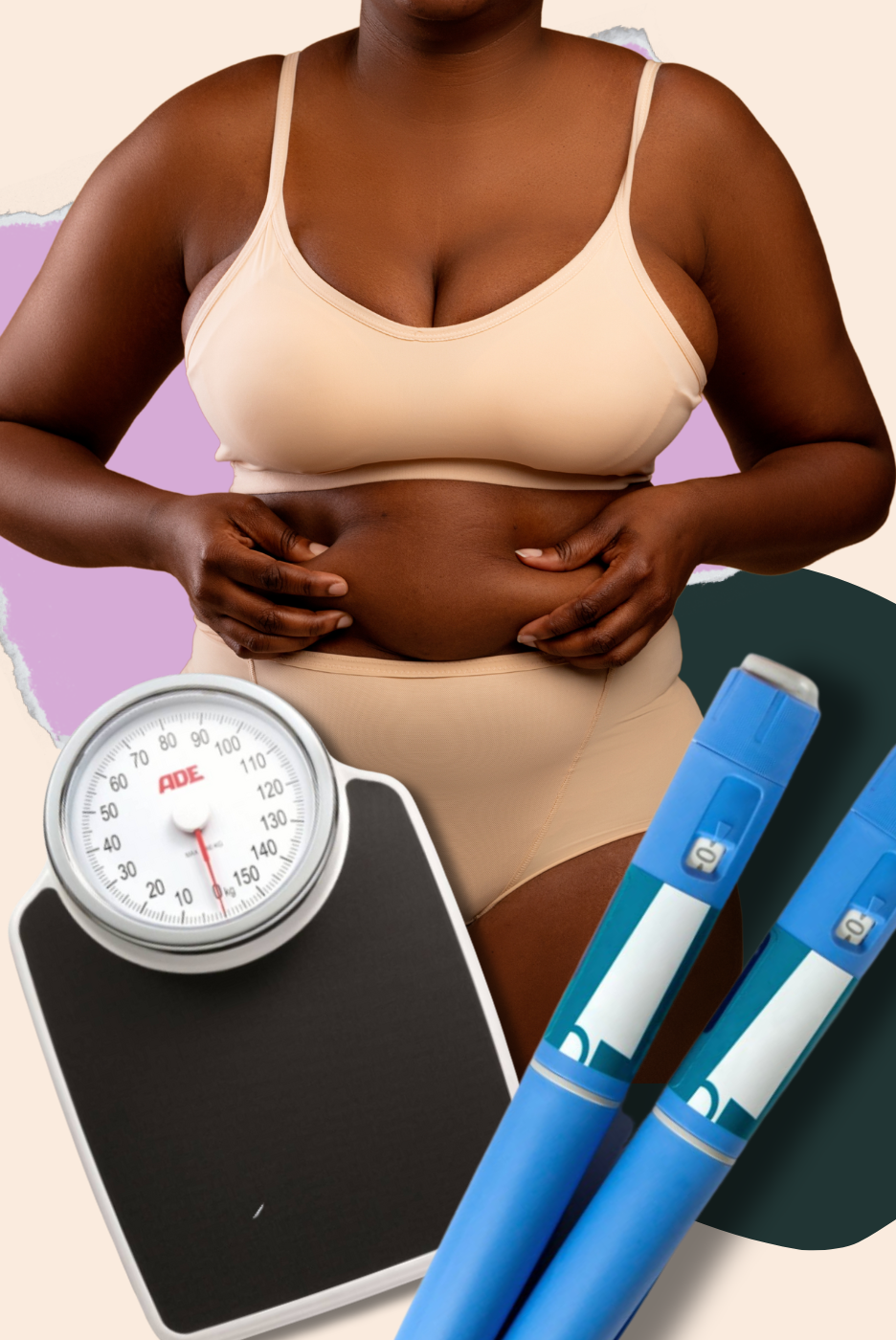




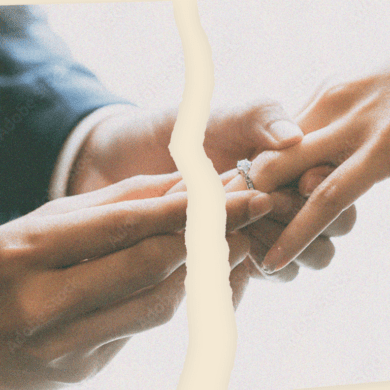
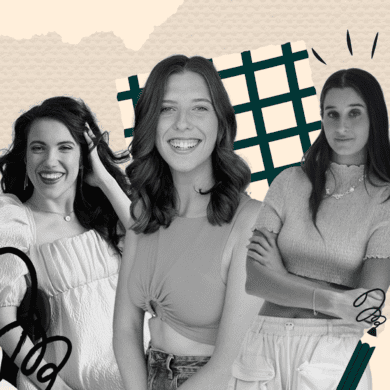
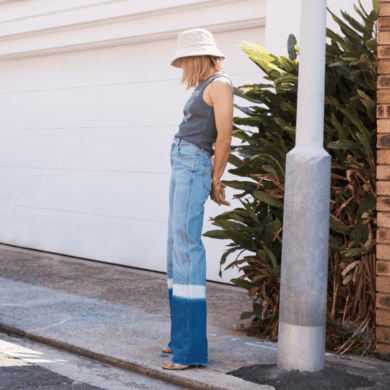

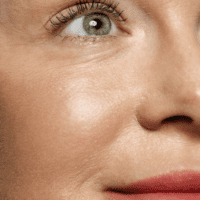

No Comments